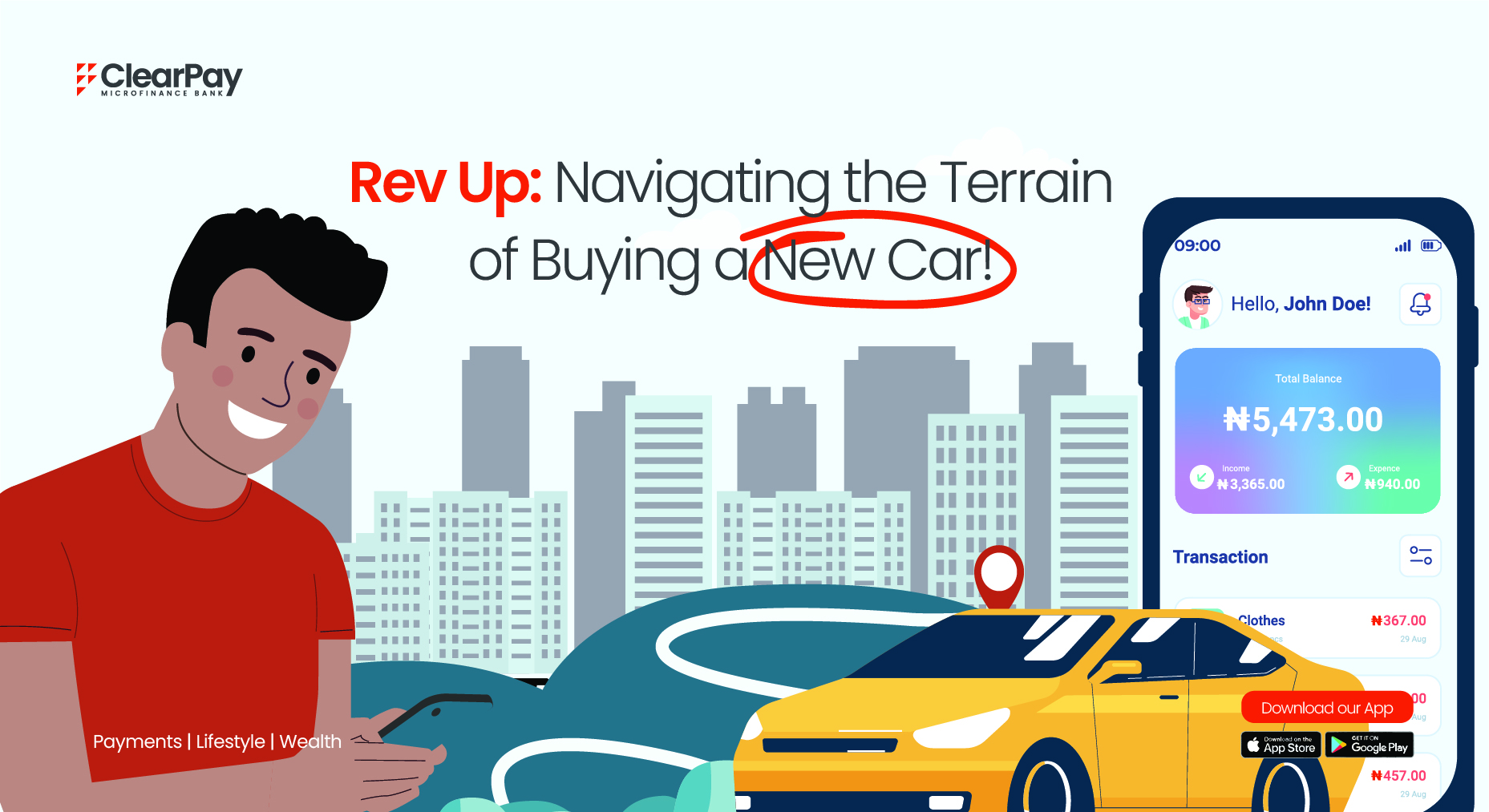Buying a new car is an exhilarating journey—one filled with endless possibilities, sleek designs, and the promise of open roads ahead. But amidst the excitement lies a crucial decision: how much money should you spend on your new wheels? It’s a question that requires careful consideration, balancing your desires with financial prudence. In this article, we’ll rev up your decision-making process as we navigate the terrain of determining the right budget for your new car purchase especially in these dollar-inflated economy.
- Assess Your Financial Situation:
Before diving headfirst into the world of car shopping, take a step back and assess your financial situation. Calculate your monthly income, expenses, and savings to determine how much you can comfortably allocate towards a new car. Consider factors such as your current debt obligations, emergency savings, and long-term financial goals to ensure that your car purchase aligns with your overall financial plan.
- Set a Realistic Budget:
Once you have a clear understanding of your financial picture, it’s time to set a realistic budget for your new car. Aim to strike a balance between affordability and value by considering factors such as the total cost of ownership, including purchase price, insurance, maintenance, and fuel expenses. Avoid stretching your budget too thin or overextending yourself financially, as this can lead to stress and financial strain down the road.
- Determine Your Needs vs. Wants:
When shopping for a new car, it’s essential to distinguish between your needs and wants. Identify the features and attributes that are non-negotiable for your lifestyle, such as seating capacity, fuel efficiency, safety features, and cargo space. While it’s tempting to splurge on luxury amenities and high-end upgrades, prioritize functionality and practicality to ensure that you’re getting the most value for your money.
- Research and Compare Prices:
Armed with your budget and list of must-have features, embark on a comprehensive research journey to explore different car models, makes, and prices. Take advantage of online resources, such as car comparison websites, manufacturer websites, and customer reviews, to gather information and compare prices across multiple dealerships. Don’t forget to factor in additional costs, such as taxes, registration fees, and optional add-ons, when estimating the total cost of ownership.
- Consider Financing Options:
If you’re unable to pay for your new car upfront in cash, explore financing options such as auto loans or lease agreements. Shop around for competitive interest rates and loan terms to find the most favourable terms that fit within your budget. Be mindful of the total amount financed and the monthly payments to ensure that they are manageable and sustainable over the life of the loan.
- Factor in Depreciation and Resale Value:
Remember that a new car begins to depreciate the moment you drive it off the lot. Consider the long-term implications of depreciation and resale value when deciding how much to spend on your new car. Opt for models with strong resale value and consider purchasing a certified pre-owned vehicle to mitigate depreciation costs and maximize your investment.
Deciding how much money to spend on a new car is a significant financial decision that requires careful thought and consideration. So, buckle up and get ready to hit the road in your new set of wheels—with confidence and peace of mind knowing that you’ve made the right choice for your wallet and your lifestyle. Happy car shopping!


